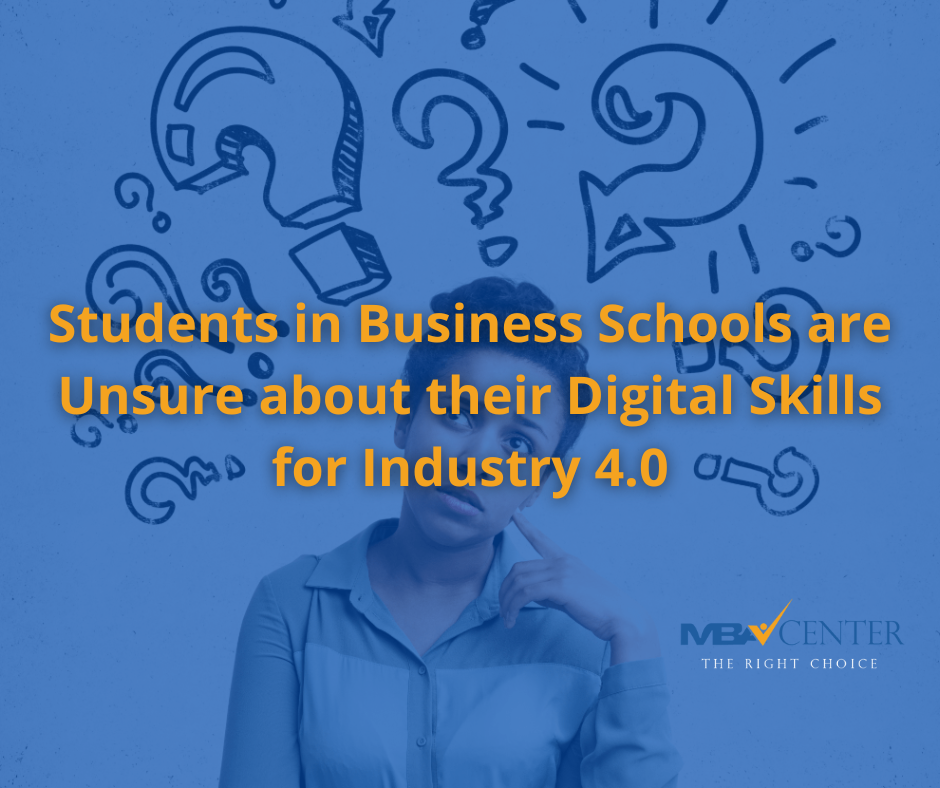
When it comes to landing a job in Industry 4.0, or the Fourth Industrial Revolution, business school students preparing to enter the job market are concerned about their lack of digital skills.
-
30% believe they lack the digital abilities needed to prepare for work in Industry 4.0.
-
Nearly nine out of ten people say that data analytics and search engine marketing are now regarded as entry-level talents.
-
According to 71% of respondents, senior leaders have a weak understanding of digital skills and Industry 4.0.
The Fourth Industrial Revolution, often known as Industry 4.0, refers to how technologies such as machine learning, artificial intelligence, and the Internet of Things change manufacturing. A shortage of digital skills among MBAs about to enter the job market could hurt their chances.
What are the biggest worries students have about preparing for Industry 4.0? 30% are concerned about their digital skills. Data analysis and interpretation are the top issues for 15% of respondents, while comprehension of new and developing technology is a top problem for 13%.
According to Highered, respondents were less concerned about their marketing and HR skills. According to the poll, job seekers feel they will need more than a degree to land their dream MBA position. 65% want to see employment skills integrated into degree programs. According to 57% of respondents, more internship opportunities would be beneficial.
Data Analytics is one of the most significant skills shortages that we need for the future of work, and 55% want an increase in the availability of consulting projects. Meanwhile, schools have added machine learning, data analytics, blockchain, artificial intelligence, and automation to their curricula. Observers expect a tug-of-war between a broad degree's adaptability and possessing industry-specific specialities.
Also read: The game changers are those who break free from the limits of traditional business
What’s More on the Survey
Despite the pandemic, the study discovered that students are more optimistic about their job prospects than previous years. Nearly half (49%) said they were more optimistic about finding work than a year ago. New research recently published in Harvard Business Review is possibly even more comforting. To succeed in the digital world, the authors say that future leaders should focus on skills like adaptability, emotional intelligence, and curiosity rather than technology proficiency.
 MBA Center Global
MBA Center Global 























